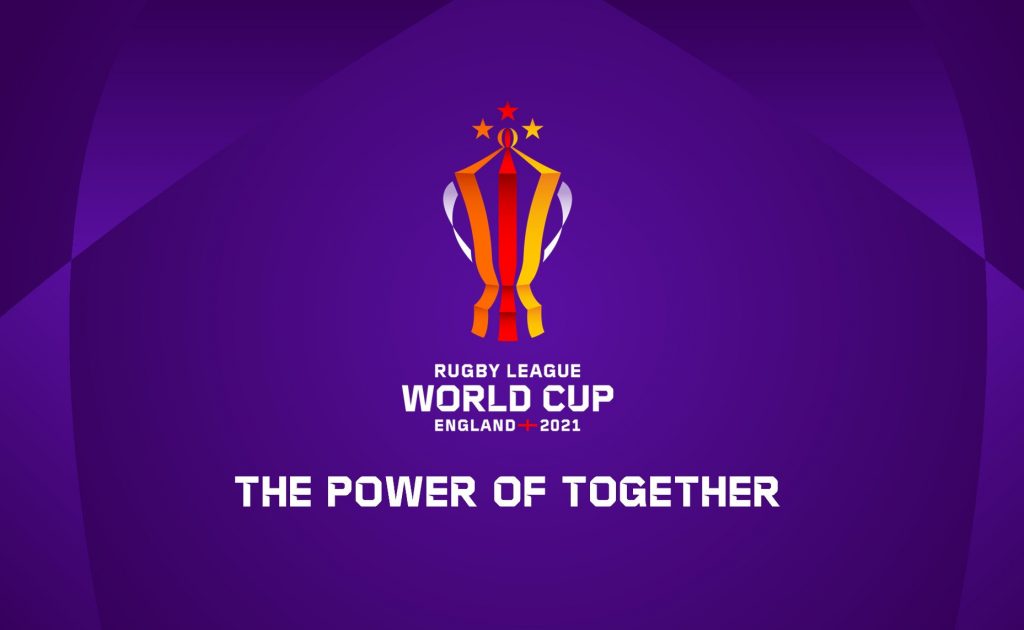We are delighted to announce that Owen Gibson will be giving a keynote speech at the Substance Conference; Sport for Development: A Whole New Ball Game. Owen is the Guardian’s chief sports correspondent and from 2010 to 2012 was Olympics editor, covering the build up to the London Games. Prior to that, he was the Guardian’s sports news correspondent and, before that, media correspondent for four years. Owen has written extensively on the Olympic legacy; the following blog was published in the Guardian in July.
Olympic legacy failure: inspiring London 2012 message has become a millstone
“Inspire a generation.” It was at the heart of the pitch that won the bid. It was the message that was plastered all over the Olympic Park in Stratford during that glorious period in July and August 2012. It was a proud boast that the London Olympics could do something no other previous Games had achieved. But it has become a millstone for all involved.
Only three of the 26 Olympic sports have seen significant increases in the number of people playing in Britain since London 2012 and much of the £1bn in funding has gone to waste
What resonated most with the International Olympic Committee and the country was the “Singapore promise” of leaving behind a legacy of a fitter, healthier nation and transforming the lives of young people, together with regenerating a patch of east London and underlining the value of public investment in elite sport.
There were plenty of people, even then, who argued that investing £9.3bn in a major sporting event was not the most effective way to transform the fabric of grassroots sport in the UK. But the seductive vision from Lord Coe and the then prime minister, Tony Blair, was that hosting the Games could provide a glorious one-off corrective that in addition to regeneration in London and economic benefits for Britain could transform the attitude to sport in Whitehall and beyond.
No longer an afterthought, it would become baked into health, transport, Home Office and education policy. At a valedictory press conference in Westminster the day after the Games, the then culture secretary, Jeremy Hunt, became visibly annoyed at a suggestion from reporters that his government would fail to do just that. But 10 years on from Singapore the chief executive of the London 2012 bid, Sir Keith Mills, is clear that it is the government’s commitment to a co-ordinated strategy that is still sorely lacking.
“We urged that government should have a national strategy for sport and inactivity; that hasn’t happened,” says Mills, who has put £10m into an organisation called Sported that seeks to support grassroots sports clubs across the country. “It’s very frustrating because it’s not rocket science. The problem in government generally is that it’s not very joined up. Government has historically been quite good at plans but not very good at executing them.”
Mills, who emphasises that other elements of the legacy have been a success, contrasts the cross-party consensus required to deliver the Games with the lack of joined-up thinking over the sports participation legacy. Blair told the IOC members on 6 July 2005: “Our vision is to see millions more young people in Britain and across the world participating in sport and improving their lives as a result of that participation. And London has the power to make that happen.”
By any measure, the figures for sports participation since the Games do not make pretty reading
Coe talked movingly about his epiphany watching the 1968 Mexico Olympics and vowed that the London Games would “show a new generation why sport matters”.
For all the ill-defined rhetoric around the ambitions for a legacy, a word that has become almost meaningless given the regularity with which it is now attached to major events, the Olympics minister who persuaded Blair to bid in the first place is clear what the two overriding aims were. “We had two reasons for doing the Olympics,” says Tessa Jowell, who is standing to be Labour’s candidate for London mayor. “To regenerate this part of east London and to transform a generation of young people through sport. It was that pure and simple.”
By any measure, the figures for sports participation since the Games do not make pretty reading. Longstanding issues remain from a lack of coordination between schools, local authorities and sports clubs to a lack of recognition and remuneration for age-specific coaches and PE teachers. Exacerbated by a lack of a clear overarching plan across Whitehall departments, cuts and confusion in school sport and local authority cuts that have hit facilities budgets, adult participation numbers have fallen since the Games. More worrying, they suggest that increasingly we are becoming a two-tier sporting nation, with least progress being made among those in the lowest socioeconomic groups.
Sport England, the quango that invests £325m of exchequer and lottery funding in grassroots sport per year, last month published participation figures among adults that were damned as very disappointing by the new sports minister, Tracey Crouch. Her Labour opposite number, Clive Efford, called them disastrous. The figures showed that the number of people playing sport at least once a week had declined by 222,000 in six months. Meanwhile, the percentage of those on the lowest incomes participating in sport has hit the lowest level since records began in 2005-06.
Michael Gove’s controversial decision to cut £162m of funding has left sport at the whim of headteachers and secondary schools receive no money to pay for it
In school sport, the decision by the then education secretary, Michael Gove, to cut £162m in ringfenced funding for school sports partnerships had far‑reaching consequences. The effects are still being played out, though the more optimistic hope that rear-guard action to replace it with £150m a year for primary schools has mitigated the worst of the impact. Either way, London 2012 was not the transformative moment in terms of the importance placed on school sport that many had hoped.
Ten years on from the drama and delight of the “Singapore moment”, Crouch has promised to rip up the government’s sports strategy and start again with a blank sheet of paper and a new green paper. Meanwhile, many of those who were intimately involved with the London 2012 journey, including Jowell and Mills, have called for a new 10-year, cross-party plan.
For all the golden memories of July and August 2012, already tinged in sepia, and the continuing debate about the success or otherwise of the other legacy aims it is hard not to conclude that a prize Jowell once called “the greatest in a generation – faster progress towards a healthier nation” is not already close to being squandered.
To book on the Substance Conference follow this link A Whole New Ball Game










